Can You Use Guitar Pedals With a Bass?
It’s a conundrum that’s puzzled bassists and guitarists alike since the dawn of time. We decided to dig deep and find the answers so you don’t have to – is it safe? Does it sound good? Will bassists eventually take over the world? There’s only one way to find out…
Disclaimer: to cut a long story short, the answer is yes. You can use guitar pedals with bass, it’s as simple as that. BUT there’s definitely a longer version of the answer – read on to find out more!
What’s the difference between guitar pedals and bass pedals?
You’ll often see pedals designed specifically for bass. These will either be altered versions of existing pedals (the EHX Bass Big Muff, the Ibanez TS9B Bass Tube Screamer) or unique designs (the Tech 21 Sansamp Bass Driver).
The main difference that you’ll occasionally find in bass pedal circuitry is simply the frequencies they’re designed to respond to. Obviously a bass guitar pumps out lower frequencies than a guitar – usually at least an octave lower, to be precise.
But we’re not just talking about bass guitar pitch frequencies; their EQ curve is usually different. Fat strings, a longer scale-length, different woods, different pickups, different playing style. All of these things contribute to the fact that a bass guitar sounds tonally different to a 6-string. Because of this, pedals are going to react differently. So manufacturers will tweak the circuitry or start from scratch, to ensure that their pedals provide the best response and the nicest sweet spots.
It’s worth noting that some bass pedals often have a dedicated ‘dry’ output. It’s often desirable for a bassist to have a dry signal at their disposal, for DI-ing and other purposes.
These are only the case with certain stompboxes and manufacturers though. For the most part, there simply isn’t a difference, at least in terms of design. A distortion pedal will distort, a modulation pedal will modulate, and so on. Sure, it’ll sound different, but you wouldn’t want your bass to sound like a guitar…would ya?
Is it safe to use guitar pedals with a bass?
Yes. Next question.
How do guitar pedals sound with a bass?
This obviously depends entirely on the pedal. But as mentioned above, guitar pedals are designed for a specific set of frequencies. A bass guitar’s output goes beyond this, with far more low-end and sub-frequency content. It’s worth bearing in mind that using certain guitar pedals in your bass rig might mean that you lose out on some of the glorious bottom end! Here are a few examples of guitar pedal types that you can use with a bass:
Using guitar distortion pedals with a bass
Most distortion pedals will sound pretty darn cool with a bass, but it’s subjective. It depends what you’re going for. A fuzz pedal will provide you with plenty of hairy saturation, while a Boss Metal Zone will provide eye-watering amounts of gain. A Tube Screamer, on the other hand, might not work as well, because it’ll suck out some of that low-end. That’s where that dry output feature comes in handy. You can have plenty of crunch on tap, while retaining the clarity and weight of your bass tone.
Click here to shop all distortion pedals!
Using guitar compressor pedals with a bass
Compressors are, for the most part, not instrument-specific. Compression is simply used to even out frequencies to provide you with a more consistent attack and volume. There are some compressors with additional tweaks to suit guitar or bass sounds, but it’s otherwise fairly universal. Heck, you could even try using a compression pedal on a vocal track – it probably wouldn’t do any harm!
Click here to shop all compression pedals!
Using guitar octave pedals with a bass
Octave pedals are a little trickier due to tracking. In order to shift the pitch of your signal, the original input ought to be relatively clear. Some octave and pitch-shift pedals are designed specifically to track guitar frequencies, while others simply take whatever signal they receive and go up/down accordingly. It depends what you’re after. If you want a crystal clear harmonising octave, it might be best to go with a bass-specific octave pedal. If you just want a bit of extra sub fatness, or perhaps a subtle upper-octave shimmer, guitar pitch effects will do just fine!
Click here to shop all octave & pitch-shift pedals!
Using guitar modulation pedals with a bass
You won’t find many issues here. The effects will like sound different, for obvious reasons – but they’ll work just fine. It’s worth noting that modulation feedback (when the modulation signal is fed back into itself) will adopt a different character when used with bass. This is particularly the case with phaser & flanger effects – crank the feedback and you’ll get some pretty monstrous vocal/jet-engine action.
Click here to shop all modulation pedals!
Using guitar delay & reverb pedals with a bass
Again, no real problems. Ambient effects simply repeat what they hear, sometimes adding colour – it doesn’t matter too much what the input is. You’d be best going for pedals that have a bit more EQ or tone controls though; too much low end on your affected signal could result in some rather messy textures. Whatever floats your boat.
Click here to shop all reverb and delay pedals!
What’s the difference between guitar pickups and bass pickups?
Again, bass guitar pickups work better with lower frequencies. Not only do you want to hear those lower pitches, but you want to low-end to really resonate and fill out the mix. Guitar pickups simply wouldn’t have the same effect if they were built into a bass. Then again, do you want your bass to sound a little more mid/treble-friendly? That’s none of our business.
At the other end of the scale, guitar pickups handle higher frequencies better. Guitars often fill out the middle/top end of a mix, with riffs, chords and lead parts – the pickups need to reflect this in terms of pitch and tone.
On the flipside, can you use bass pedals with a guitar?
Different question, same answer. If a pedal is specifically designed for bass, it’ll emphasise different frequencies. This could result in a unique tone that might be far removed from what you’re used to with your regular guitar pedals. There’s only one way to find out!
Click here to shop all bass pedals!
Famous bassists who use guitar pedals
- RHCP’s Flea has been known to use everything from a Digitech Whammy to an Electro-Harmonix POG to get some of his foot-stomping bass tones
- Mike Kerr of bass & drum duo Royal Blood gets most of his unique guitar-like tone using an array of pedals, including a Boss PS-6 Harmonist
- Legendary session player Pino Palladino has been known to use a Boss OC-2 Octaver, as well as an Electro-Harmonix Pitch Fork for thickening his sound
- Guns ‘n’ Roses bassist Duff McKagan is partial to guitar chorus pedals, including the TC Electronic Corona Chorus and Ibanez CS9
More info
Enjoyed this read? Check out the rest of our learn content while you’re here.
If you want to know more about our pedal selection, check out our guitar pedal range here, and our range of bass stompboxes here. Thanks for reading!







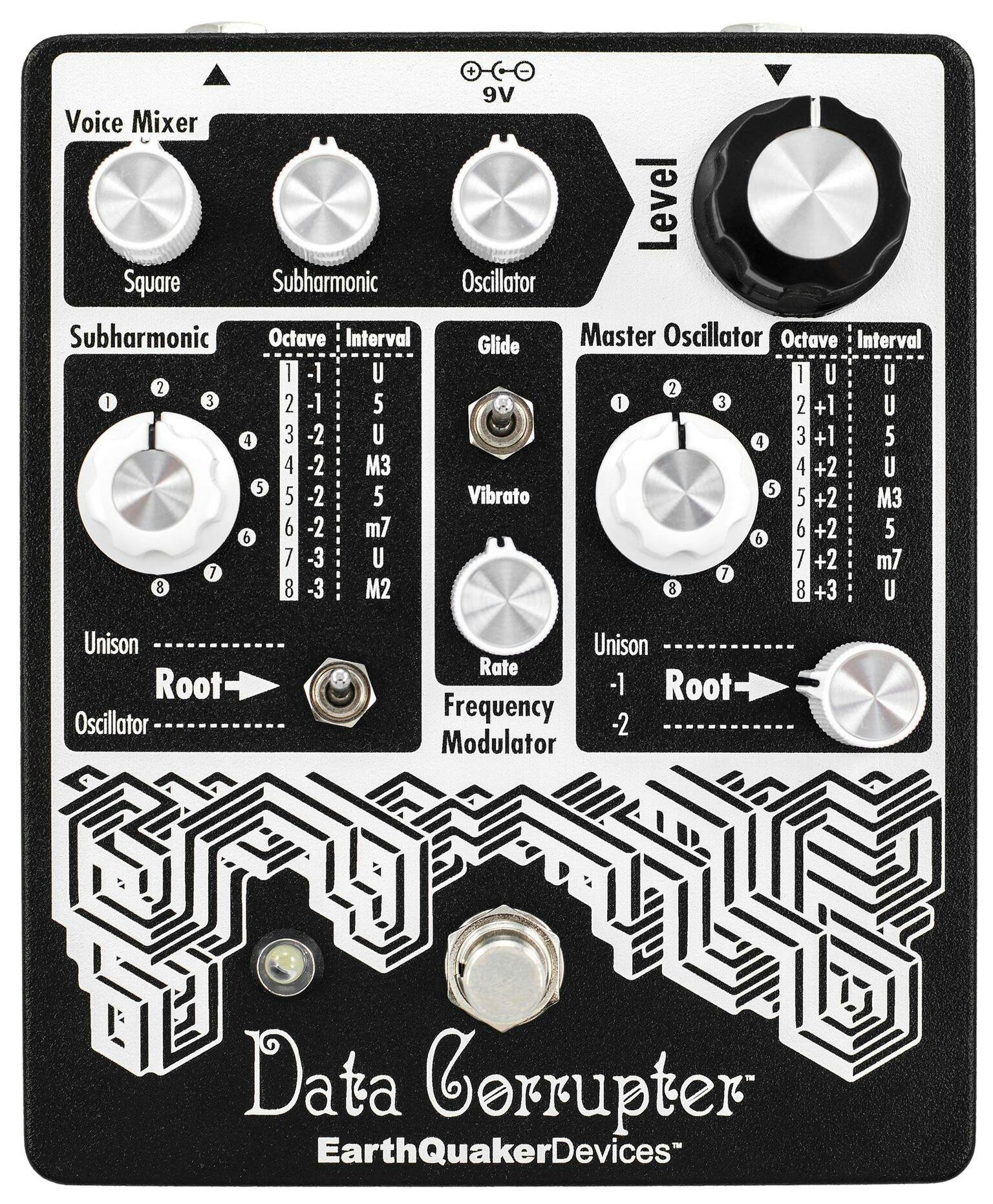

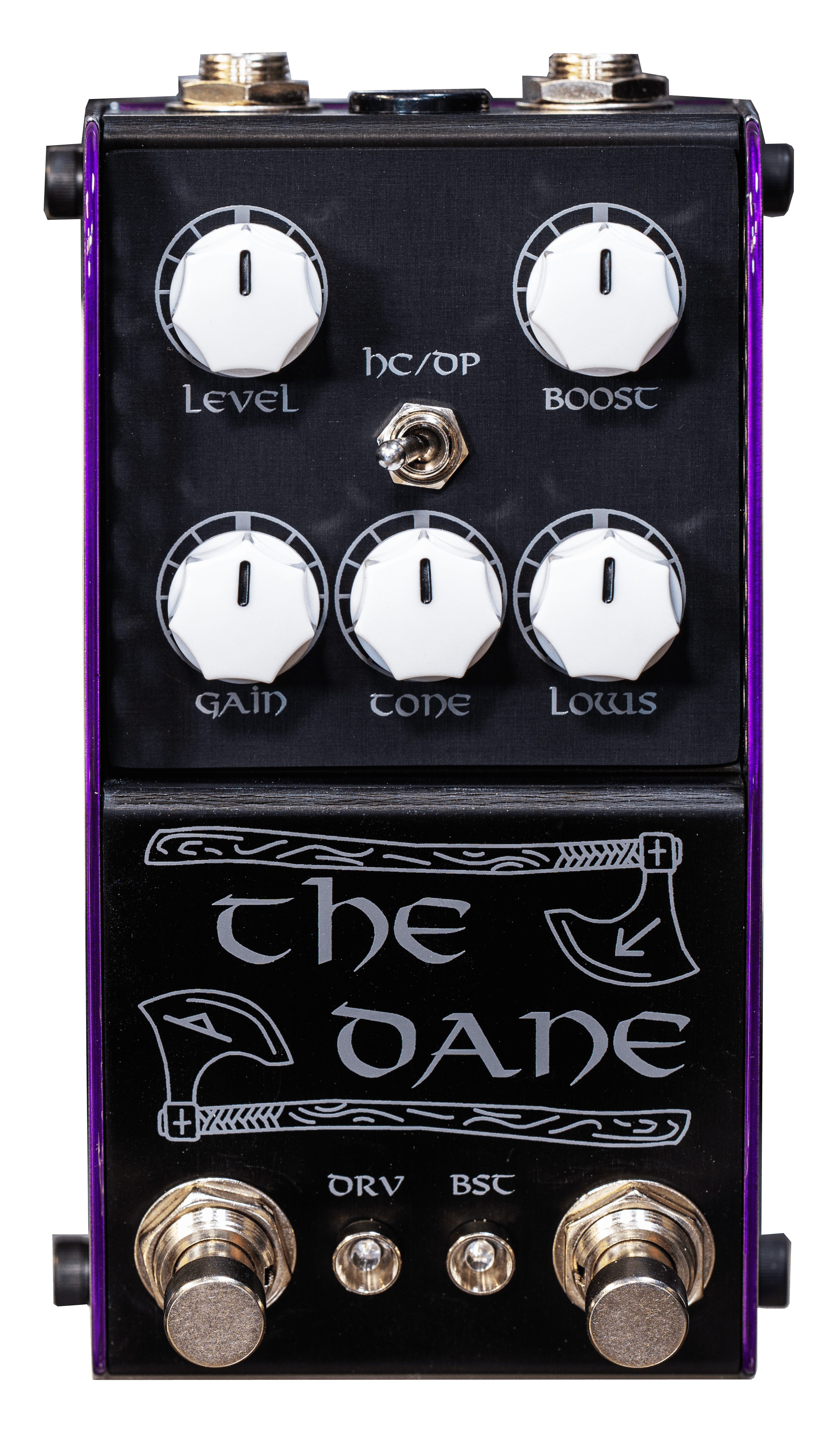
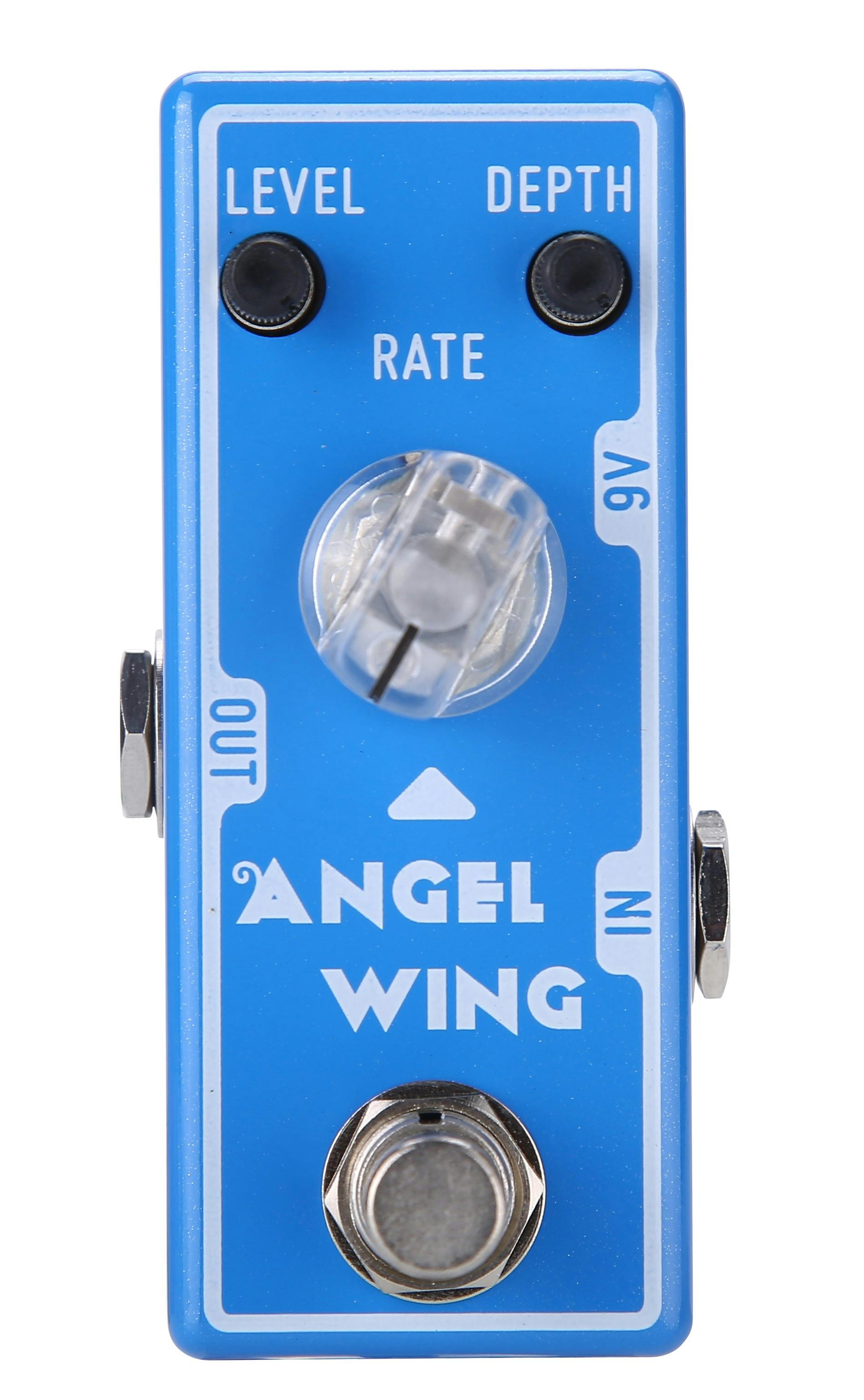




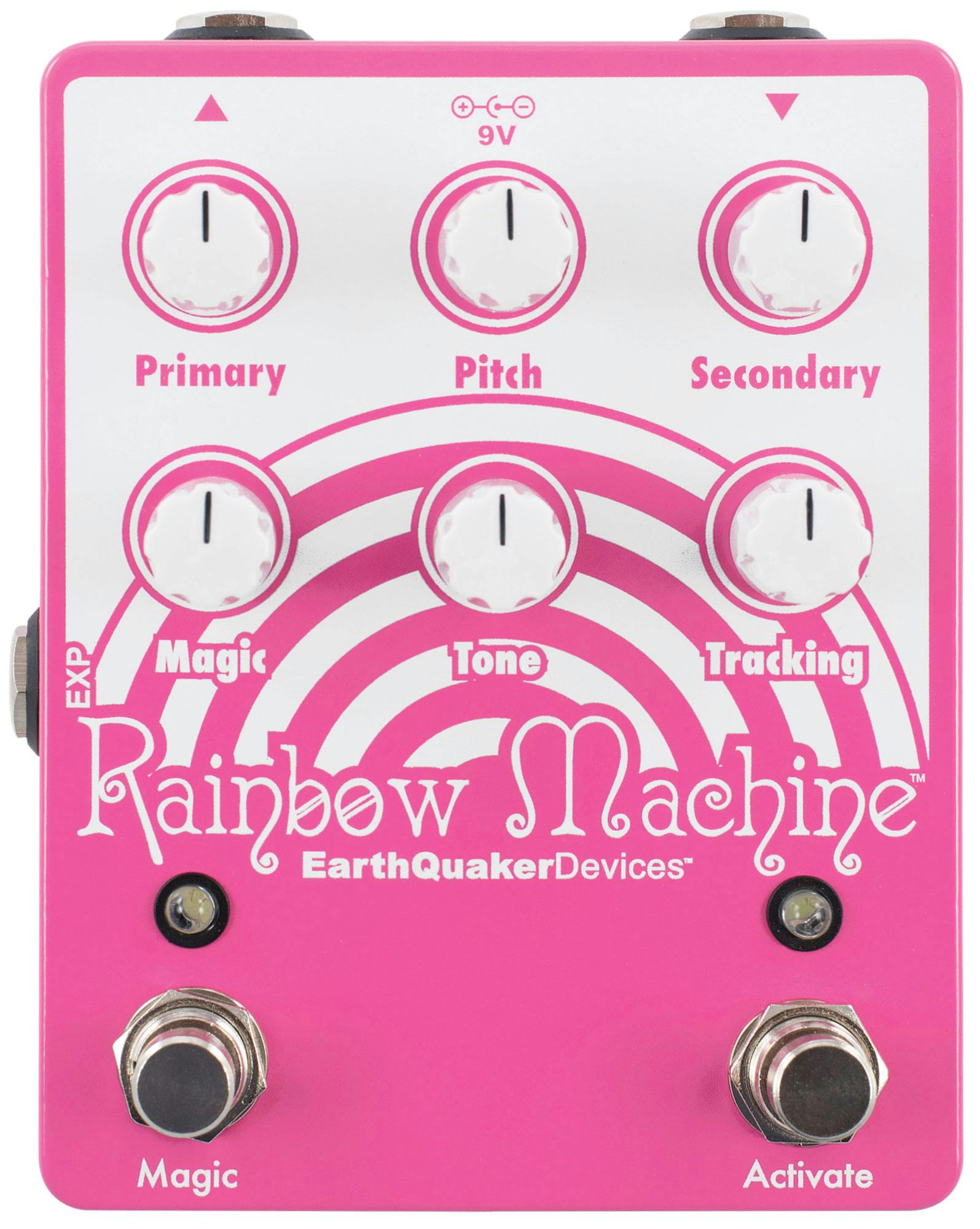
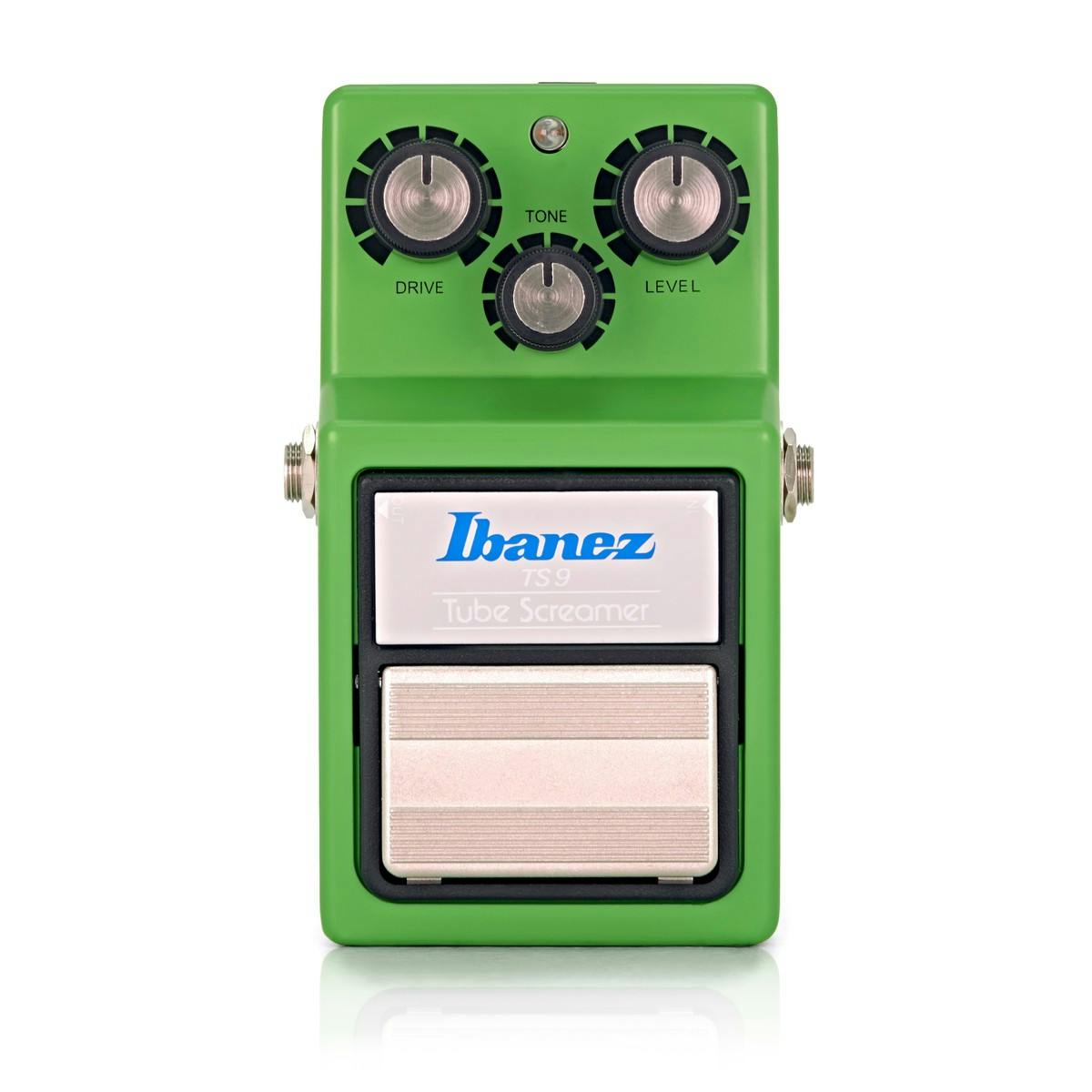





Responses & Questions